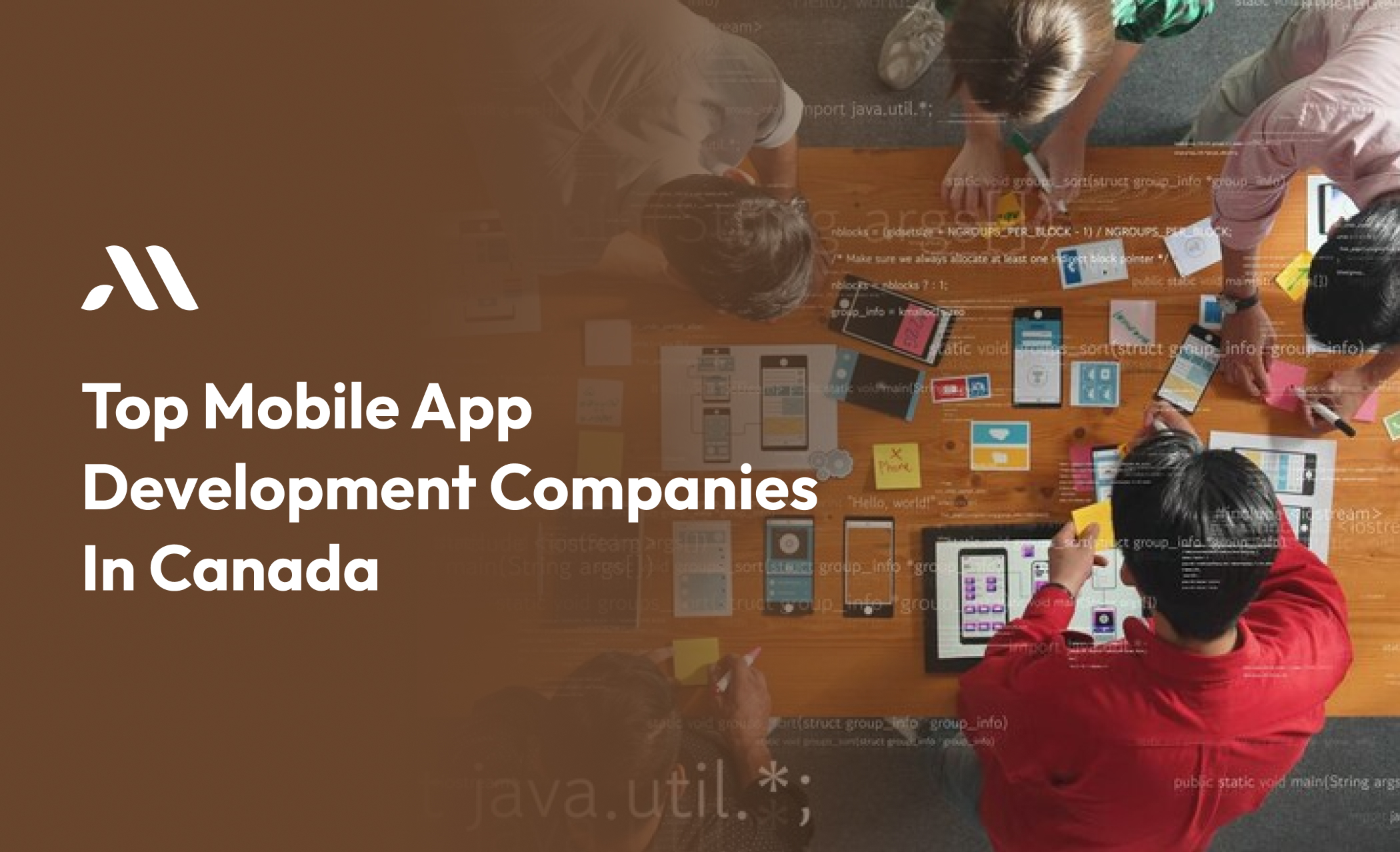When you own a real estate business, keeping track of all the different things you need to manage can be tough. That’s where an ERP (Enterprise Resource Planning) system comes in handy. It helps you manage everything from finances to customer relationships, all in one place. But before you jump into getting an ERP system, it’s important to know the ERP implementation cost and how it can fit into your budget.
"Investing in a well-implemented ERP system is like hiring a full-time assistant for your business, one that never takes a day off."
What is an ERP System?
An ERP system is like a super-smart assistant for your real estate business. It helps you keep track of everything that’s going on, from the money you’re spending to the properties you’re managing. A Real Estate ERP system can be customized to meet your specific needs, making sure you get the most out of your investment.
Why Do You Need an ERP System?
Running a real estate business means juggling many things at once like dealing with clients, managing properties, and handling finances. A Real Estate ERP system makes this easier by keeping all your important information in one place. Instead of using different software for different tasks, you can do everything in one system. This saves time and reduces mistakes.
Tip: "Before deciding on an ERP system, make a list of all the tasks you need help with. This will guide you in choosing the right Custom ERP solution for your real estate business."
What Affects the Cost of ERP Implementation?
The ERP implementation cost can vary depending on several factors:
Customization Needs: The more you want your ERP system to be tailored to your business, the higher the cost. A Custom ERP solution that fits your specific needs will cost more than a standard one.
Number of Users: The more people who need to use the system, the more licenses you’ll need, which can increase the cost.
Features and Modules: Different Real Estate ERP systems come with various features. If you need advanced features like property management, financial tracking, or customer relationship management (CRM), the cost will go up.
ERP Development Company: The company you choose to develop and implement your ERP system also affects the cost. Some companies charge more for their expertise and experience.
Integration with Existing Systems: If you already have software that you want to integrate with your new ERP system, this can add to the ERP development cost.
Training and Support: Once the ERP system is up and running, your team will need training to use it effectively. Ongoing support to fix any issues or make updates will also add to the overall cost.
The Average Cost of ERP Implementation
So, how much does it cost? On average, the ERP implementation cost for a real estate business can range from $50,000 to $500,000. The final cost depends on the factors mentioned earlier, such as customization, number of users, and the ERP development company you choose.
According to a study by Panorama Consulting Solutions, the average cost of ERP implementation can be about 5% of a company’s annual revenue. For real estate businesses, this can be a significant investment, but the benefits often outweigh the costs in the long run.
Custom ERP vs. Off-the-Shelf ERP
When deciding on an ERP system, you’ll need to choose between a Custom ERP solution and an off-the-shelf option.
Custom ERP Software Development: This option helps you to customize an ERP system to meet your specific business needs. While this can be more expensive, it ensures that you get exactly what you need.
Off-the-Shelf ERP: This is a Standard ERP System that many businesses can use. It’s usually less expensive but may not have all the features you need.
Remember: "A Custom ERP solution may have a higher upfront cost, but it can save you money in the long run by reducing inefficiencies and improving your business operations."
How to Choose the Right ERP Development Company
Choosing the Right ERP Development Company is important for the success of your ERP implementation. Here are some things to consider:
Experience: Look for a company with experience in developing ERP systems for real estate businesses. They’ll understand your unique needs and challenges.
Customization: Make sure the company can provide a Custom ERP solution that fits your specific requirements.
Support: Choose a company that offers ongoing support and training. This will help your team get the most out of the ERP system.
Cost: Get quotes from several companies and compare the ERP development costs. Don’t just go for the cheapest option—consider the value and quality of the service.
"Investing in a well-implemented ERP system is like hiring a full-time assistant for your business, one that never takes a day off."
Benefits of Implementing an ERP System
Implementing an ERP system in your real estate business offers several benefits:
Improved Efficiency: With all your business processes integrated into one system, you’ll save time and reduce errors.
Better Decision-Making: A Real Estate ERP system provides real-time data, helping you make informed decisions quickly.
Cost Savings: While the ERP implementation cost may seem high, the system can save you money in the long run by improving efficiency and reducing waste.
Scalability: As your business grows, your ERP system can grow with you. You can add new features and users as needed.
Enhanced Customer Service: With better access to customer data, you can provide more personalized and responsive service.
Also Read - Mobile App Development Costs for Real Estate
Challenges of ERP Implementation
While there are many benefits, implementing an ERP system can also come with challenges:
- High Initial Cost: The upfront ERP implementation cost can be a barrier for some businesses.
- Change Management: Getting your team to adapt to a new system can be difficult. Proper training and support are important..
- Time-Consuming: ERP implementation can take many months, depending on the complexity of your system.
Final Thoughts
Implementing an ERP system in your real estate business is a big decision that comes with significant costs. However, the benefits of improved efficiency, better decision-making, and cost savings can make it a worthwhile investment. By understanding the factors that affect the ERP implementation cost and choosing the right ERP development company, you can ensure that your ERP system meets your business needs without breaking the bank.
Ready to boost your real estate business with a custom ERP solution? MicraSol is here to help! Our expert team makes ERP development simple, tailored to your needs, and cost-effective. Let’s take your business to the next level. Contact MicraSol today and get started on your ERP journey!
Remember: "The right ERP system is an investment in the future success of your real estate business."
FAQS
What is an ERP system, and why do I need it for my real estate business?
An ERP (Enterprise Resource Planning) system is software that helps you manage different parts of your real estate business in one place. It keeps track of finances, property management, customer relationships, and more. You need it to make your business run smoother, save time, and reduce mistakes.
How much does it cost to implement an ERP system in a real estate business?
The cost of implementing an ERP system can vary a lot, ranging from $50,000 to $500,000. The final price depends on how customized the system is, how many people will use it, and the features you need. It might seem like a big investment, but it can save you money and time in the long run.
Is a custom ERP system better than an off-the-shelf one?
A custom ERP system is tailored to fit your specific needs, which can be more beneficial for your business. However, it is usually more expensive. An off-the-shelf ERP system is less expensive but might not have all the features you need.
How long does it take to implement an ERP system?
Implementing an ERP system can take several months, depending on how complex the system is and how much customization you need. It’s important to plan for this time and make sure your team is prepared.
Can I reduce the cost of ERP implementation?
Yes, you can reduce costs by starting with the most critical features, choosing the right ERP development company, avoiding unnecessary customization, and considering a cloud-based ERP system, which is often less expensive.








